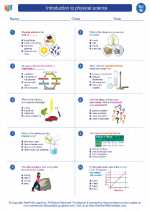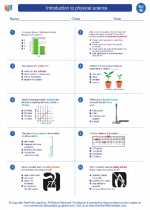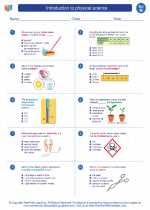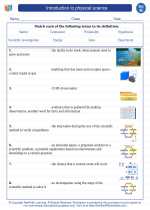Thymus
The thymus is a small organ located in the upper chest, just below the neck. It is a crucial part of the immune system and plays a vital role in the development and maturation of T-lymphocytes or T-cells, which are a type of white blood cell that helps the body fight off infections and diseases.
Anatomy of the Thymus
The thymus is composed of two lobes and is made up of two main types of cells: thymic epithelial cells and lymphoid cells. The thymic epithelial cells provide the structural framework for the thymus and also play a role in the maturation of T-cells. The lymphoid cells include T-cell precursors and other immune cells.
Function of the Thymus
The primary function of the thymus is to support the development and maturation of T-cells. This process begins before birth and continues into early adulthood. The thymus provides the necessary environment for T-cell precursors to mature into functional T-cells that can recognize and respond to specific antigens.
Role in the Immune System
T-cells produced in the thymus play a critical role in the immune response. They are involved in recognizing and destroying infected or abnormal cells, coordinating immune responses, and regulating the overall immune system. Without a properly functioning thymus, the body's ability to fight off infections and diseases would be severely compromised.
Disorders and Conditions
Disorders and conditions that affect the thymus can have significant impacts on the immune system. For example, thymus hyperplasia, thymoma (a type of tumor), and autoimmune diseases affecting the thymus can lead to immune system dysfunction and related health issues.
Study Guide
- What is the function of the thymus?
- Describe the anatomy of the thymus.
- Explain the role of T-cells in the immune system and their relationship to the thymus.
- Discuss the potential impact of thymus disorders on the immune system.
- Compare and contrast the function of the thymus with other lymphoid organs in the body.
Understanding the role of the thymus in the immune system is essential for comprehending the body's defense mechanisms and the development of potential treatments for immune-related disorders.





